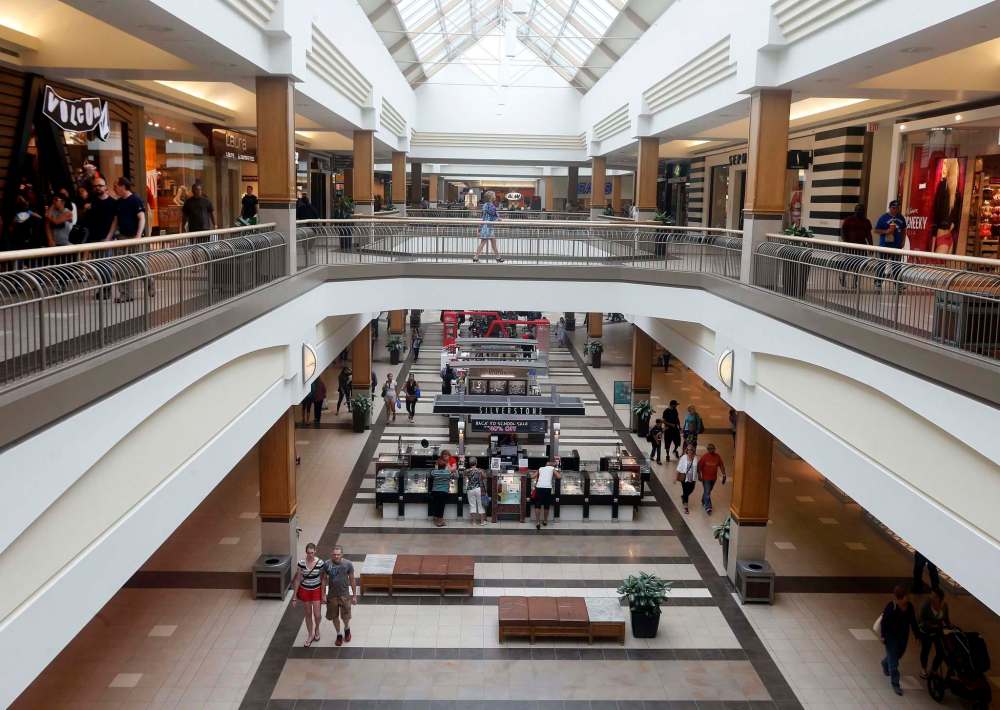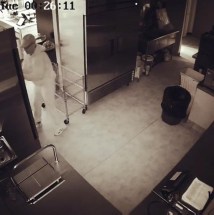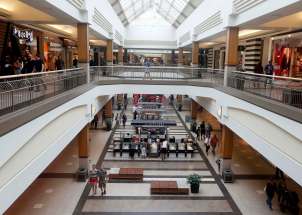Shoppers should have right to know
Read this article for free:
or
Already have an account? Log in here »
To continue reading, please subscribe:
Monthly Digital Subscription
$0 for the first 4 weeks*
- Enjoy unlimited reading on winnipegfreepress.com
- Read the E-Edition, our digital replica newspaper
- Access News Break, our award-winning app
- Play interactive puzzles
*No charge for 4 weeks then price increases to the regular rate of $19.00 plus GST every four weeks. Offer available to new and qualified returning subscribers only. Cancel any time.
Monthly Digital Subscription
$4.75/week*
- Enjoy unlimited reading on winnipegfreepress.com
- Read the E-Edition, our digital replica newspaper
- Access News Break, our award-winning app
- Play interactive puzzles
*Billed as $19 plus GST every four weeks. Cancel any time.
To continue reading, please subscribe:
Add Free Press access to your Brandon Sun subscription for only an additional
$1 for the first 4 weeks*
*Your next subscription payment will increase by $1.00 and you will be charged $16.99 plus GST for four weeks. After four weeks, your payment will increase to $23.99 plus GST every four weeks.
Read unlimited articles for free today:
or
Already have an account? Log in here »
Hey there, time traveller!
This article was published 31/07/2018 (2693 days ago), so information in it may no longer be current.
There is no legal requirement. But surely, there is a moral imperative involved.
The refusal last week by the corporate owner of CF Polo Park to confirm whether facial-recognition technology is being used in the popular Winnipeg shopping mall is, at very least, bothersome.
Cadillac Fairview Corp., which owns 67 properties in Canada, declined a Free Press request for information after an earlier news report revealed — and the company confirmed — that facial-recognition cameras are in use in two of its malls in the Calgary area.

The issue came to light after a visitor at one of the Calgary malls happened upon a browser that had inadvertently been left open on one of the facility’s customer directories. Cadillac Fairview confirmed it has been testing facial-recognition software since June in some of its malls, but would not disclose which locations — other than the two in the Alberta city — are involved in the test.
In a written statement to the Free Press, a spokesperson for Cadillac Fairview said, “We are not sharing further details about the program, including locations, as we view this as proprietary.”
That’s unacceptable.
While it’s true that shopping malls such as Polo Park are privately owned facilities and that their owners have the right to employ a wide range of security and information-gathering techniques inside their walls, it’s also valid to argue that shopping centres are, by their nature, de facto public spaces and that individuals’ right to protect their personal identities should reasonably be considered.
That doesn’t mean private-property owners such as Cadillac Fairview should be prohibited from using the aforementioned technology; it does, however, suggest mall proprietors should be sufficiently mindful of their customers’ concerns to allow them to make informed choices about whether they want to shop in a venue that is employing such digital detection software.
It could be as simple as a sticker visible on mall-entrance doorways, informing those who choose to enter that their personal information ceases to be private once they venture inside. That would be, in a word, respectful.
It might also be true that, as the company explained in reference to the Calgary malls, the facial-recognition technology is being used for the most benign of retail-research purposes, gathering general demographic information about customers based on data from the directory kiosks. But if it’s as simple as that, there’s no reason for Cadillac Fairview to act so coy when asked about the software’s use.
If it’s the company’s position that there’s no possible harm being done by the information gathering being conducted by its software, then it must equally concede there’s no harm in letting mall patrons know when such information is being gathered.
It’s a simple “yes or no” question. And the answer would allow shoppers to make deliberate decisions about how and where they conduct their business.
At a time when an increasing number of consumers are avoiding traditional retail establishments altogether, opting instead to shift their shopping into the online realm, it would be wise for bricks-and-mortar merchants to do whatever they can to make customers feel welcome and secure.
The musty old adage “The customer is always right” might not apply in the 21st-century retail context, but mall owners seeking to keep people shopping the old-fashioned way should at least make their customers feel as if they have some rights.








